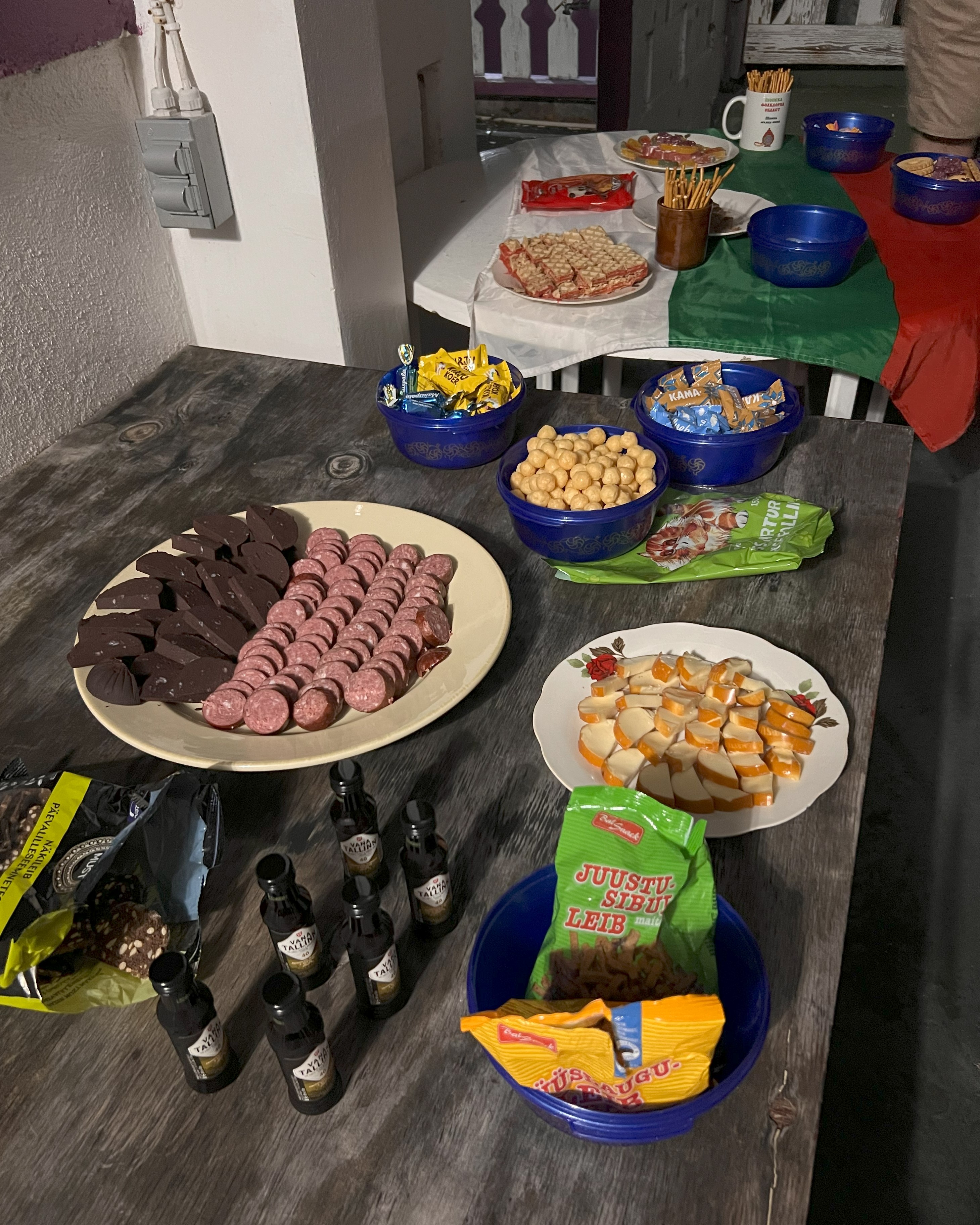Youth workers’ and educators’ training “Make gender equity reality!" blog by Thomas
Throughout the course of this training there were a great number of workshops and activities which sought to enhance our thinking, and how we consider taking action, regarding the key topic, gender inequity. Whilst there were many activities throughout the whole week, all with important lessons and further uses to help the youth workers present understand, I will just list two in particular that stood out to me here.
One of these activities included an impactful visualisation of inequality in the form of the ‘One Step Forward’ game, which gave the participants a simple but effective way to help the youth understand inequality as it exists. It also had a clearly profound impact upon the participants engaged in the activity, as it required people to be assigned identities, which drew upon wide ranges of identities within society, and to take a step forward when a statement applied to them. These statements, which I do not recall precisely but would be things such as ‘step forward if you would not experience any difficulty receiving healthcare’, eventually led to the cumulative effect where some would advance much further than others. This method stands out for its ease, even younger children could understand and participate, but also its blunt demonstration of inequality and the utilisation of participants’ disposition to create its impact.
There was also the ‘Theatre of Oppression’ activity which gave participants an opportunity to craft their own short scenes to demonstrate incidents on unequal social relations that they have seen or experienced in some way. When showing these scenes back to the group, those watching were able to pause the scene and insert themselves within the action to try and change the course of the interaction in a more positive direction. This not only led to good thought and consideration being put into the scenes people played out, but also it generated greater awareness of our instinctive reactions when attempting to insert ourselves into these situations and redress the issues.
On the whole, I personally learnt a great deal about my own impulses when it comes to thinking about, or seeking to respond to, situations of gender-based discrimination and inequality. There are certain situations in which I should think more and seek to act with less haste, but also situations in which I should do the reverse, by acting more and thinking less. Likewise, from the perspective of how to take these lessons and experiences forward as a youth worker the training has given me a great number of lessons to utilise. This is not only in the form of activities, such as those described above, but also in terms of the broad approach and need to consider the different assumptions and thought-patterns participants come into the experience with. For these reasons I would certainly recommend such a training to others in the future.
There are a number of fond memories that I will keep from this experience. What stands out most to me are those conversations I had with many other participants, in the moments after an impactful activity, where we discussed the thoughts and feelings brought up. Of course there were many just as thoughtful and engaging discussions we had in the moments of free time, or in the evenings around dinner, and these are likewise good memories I will carry with me.


